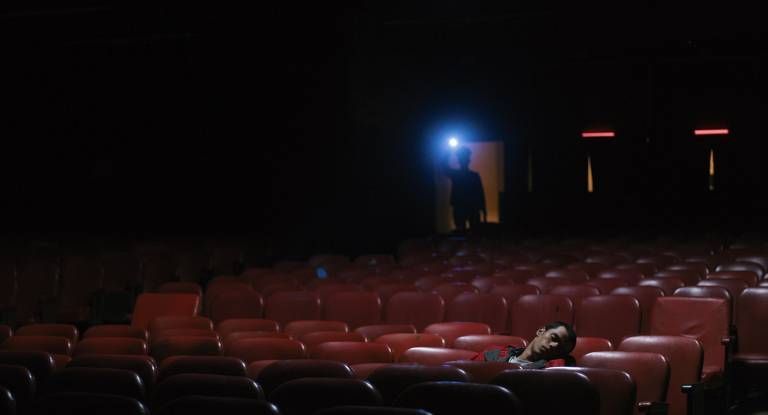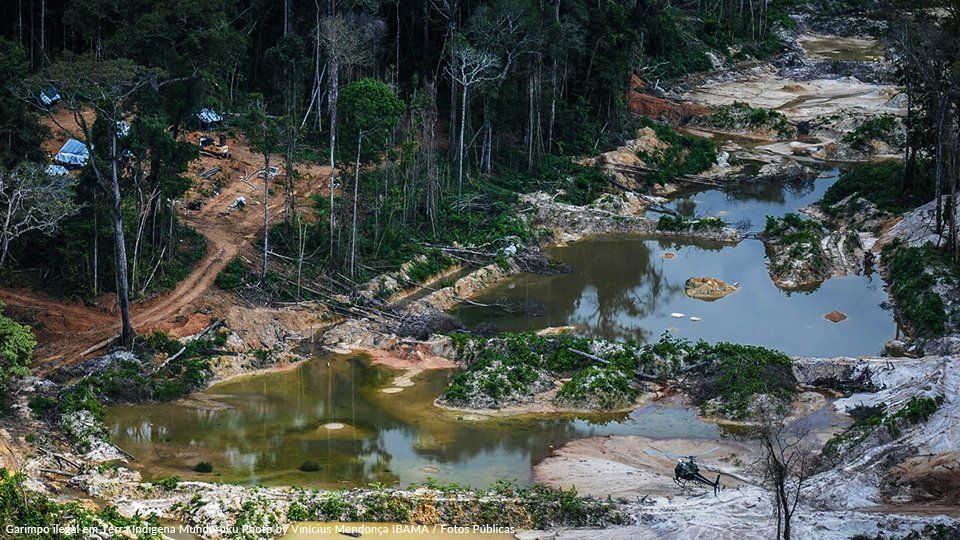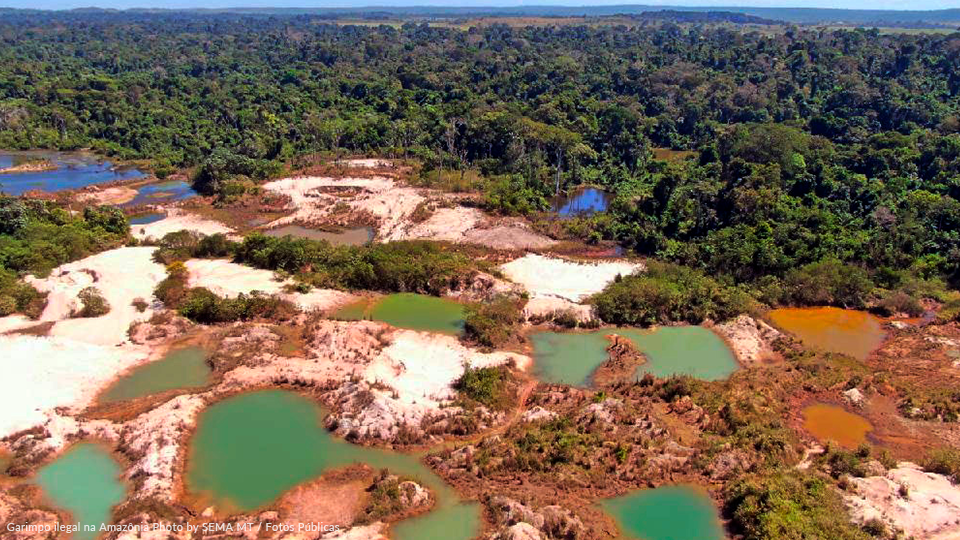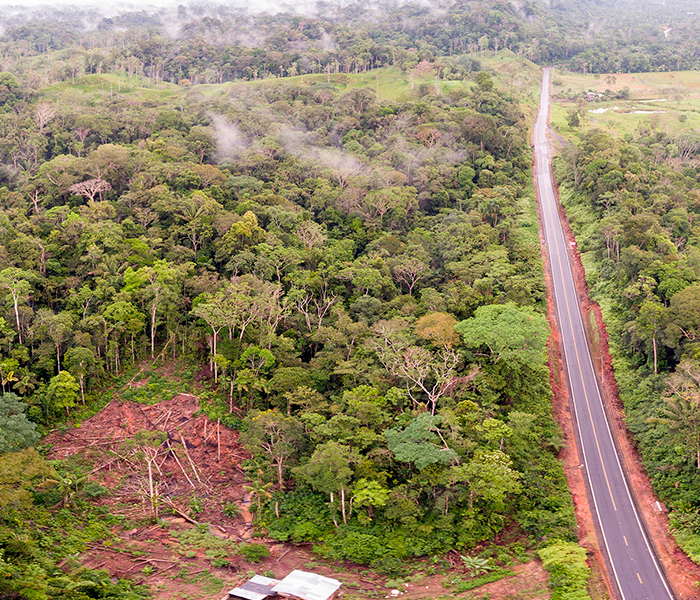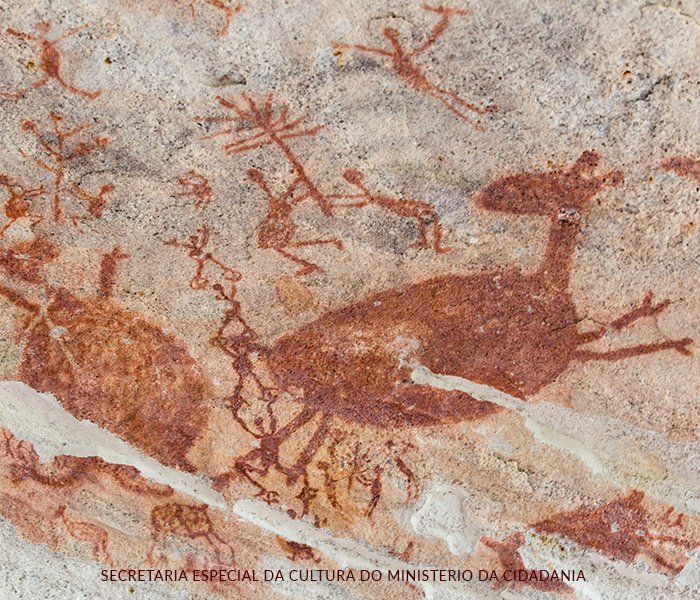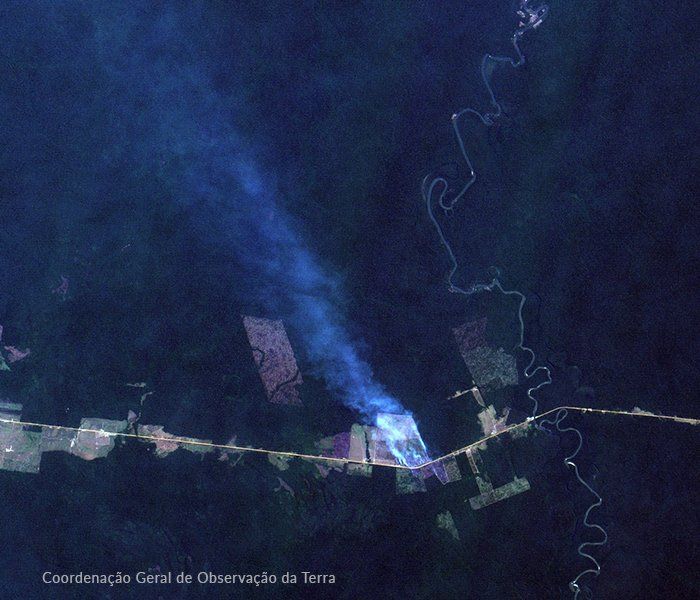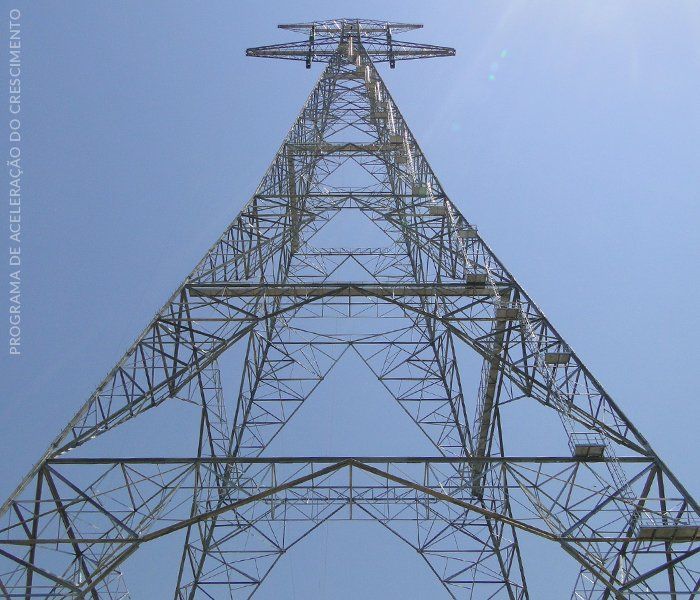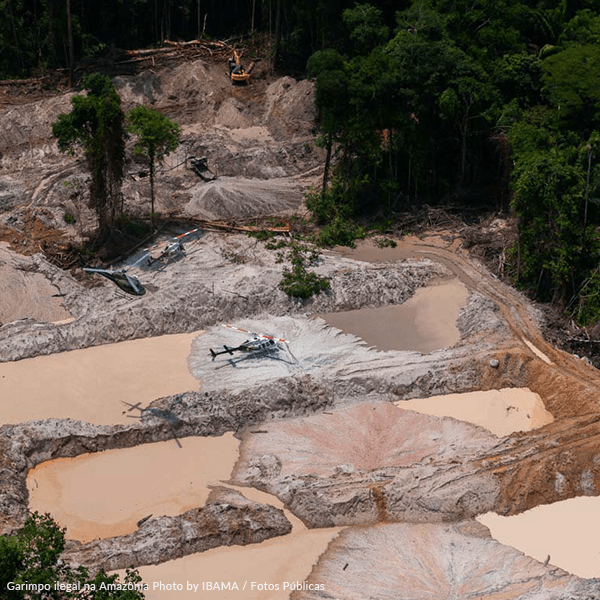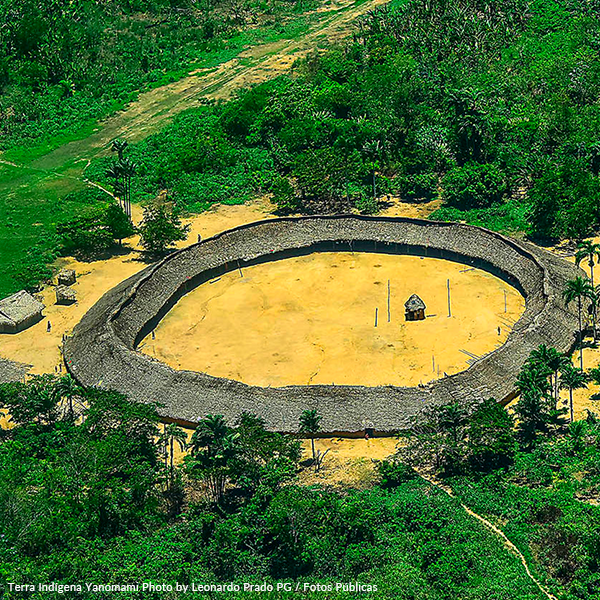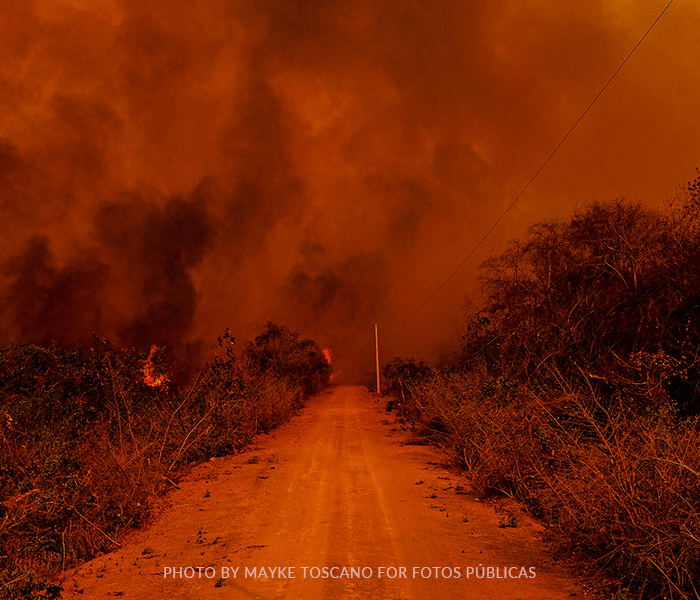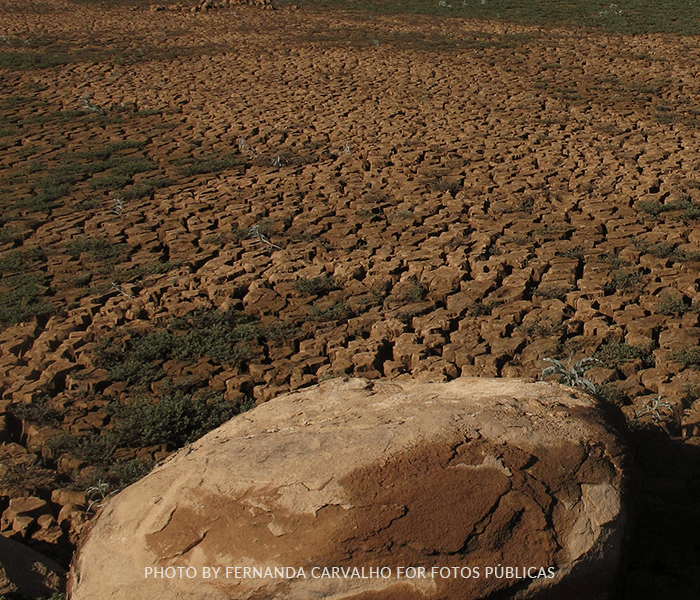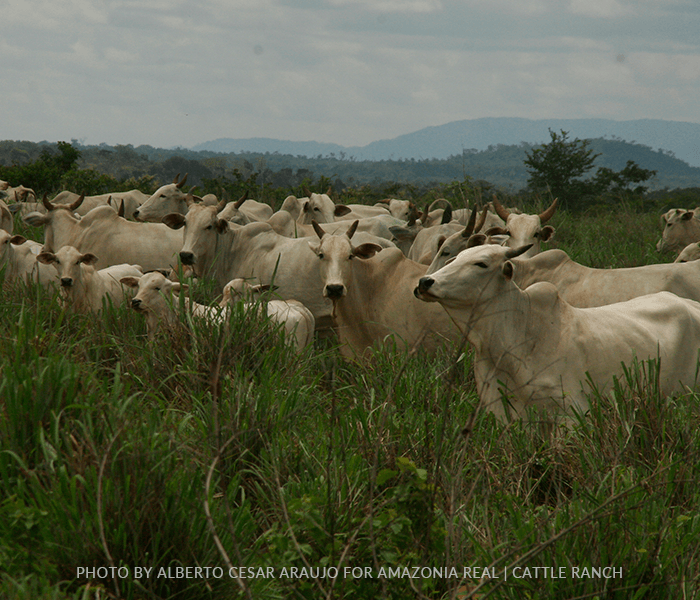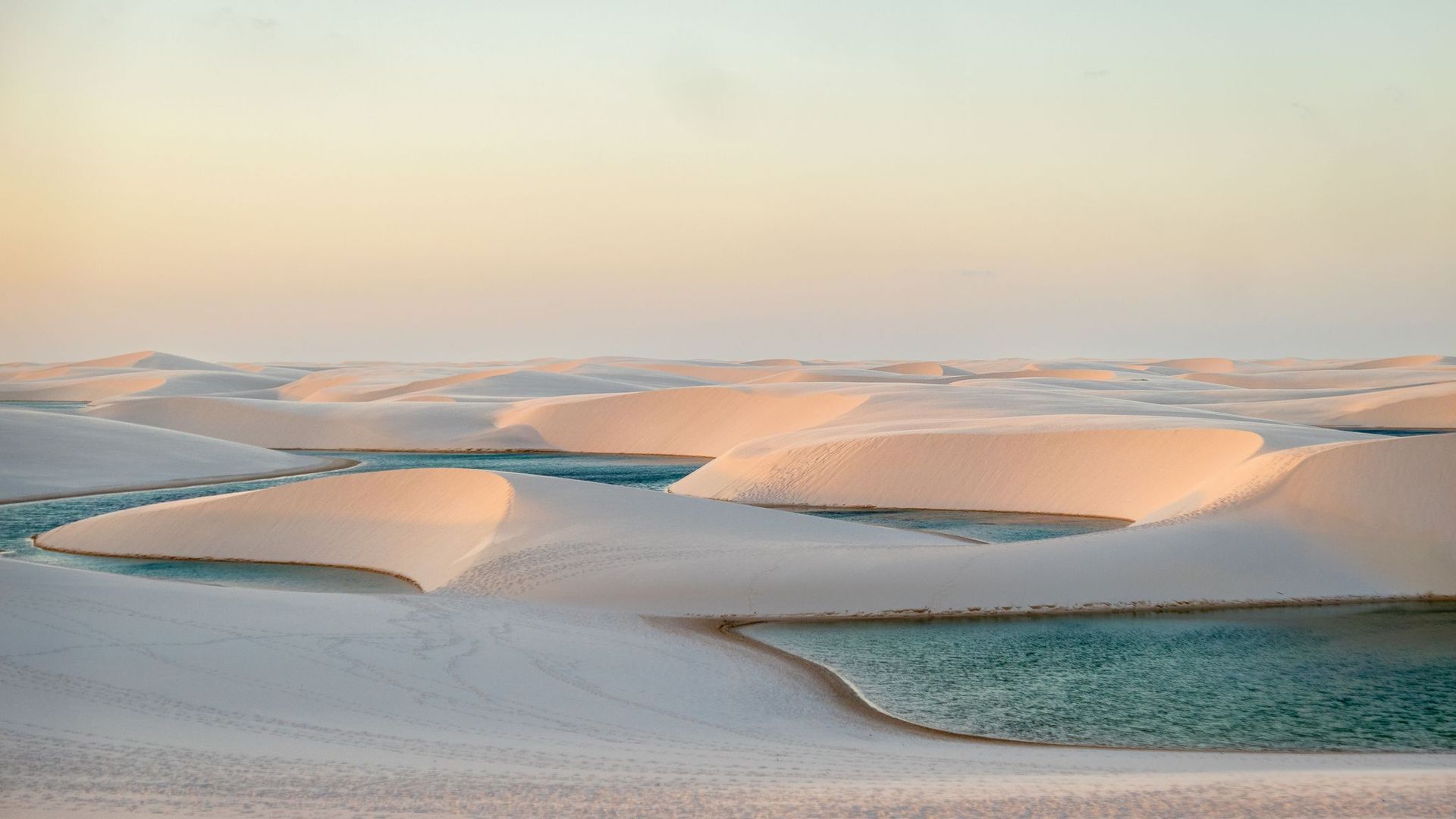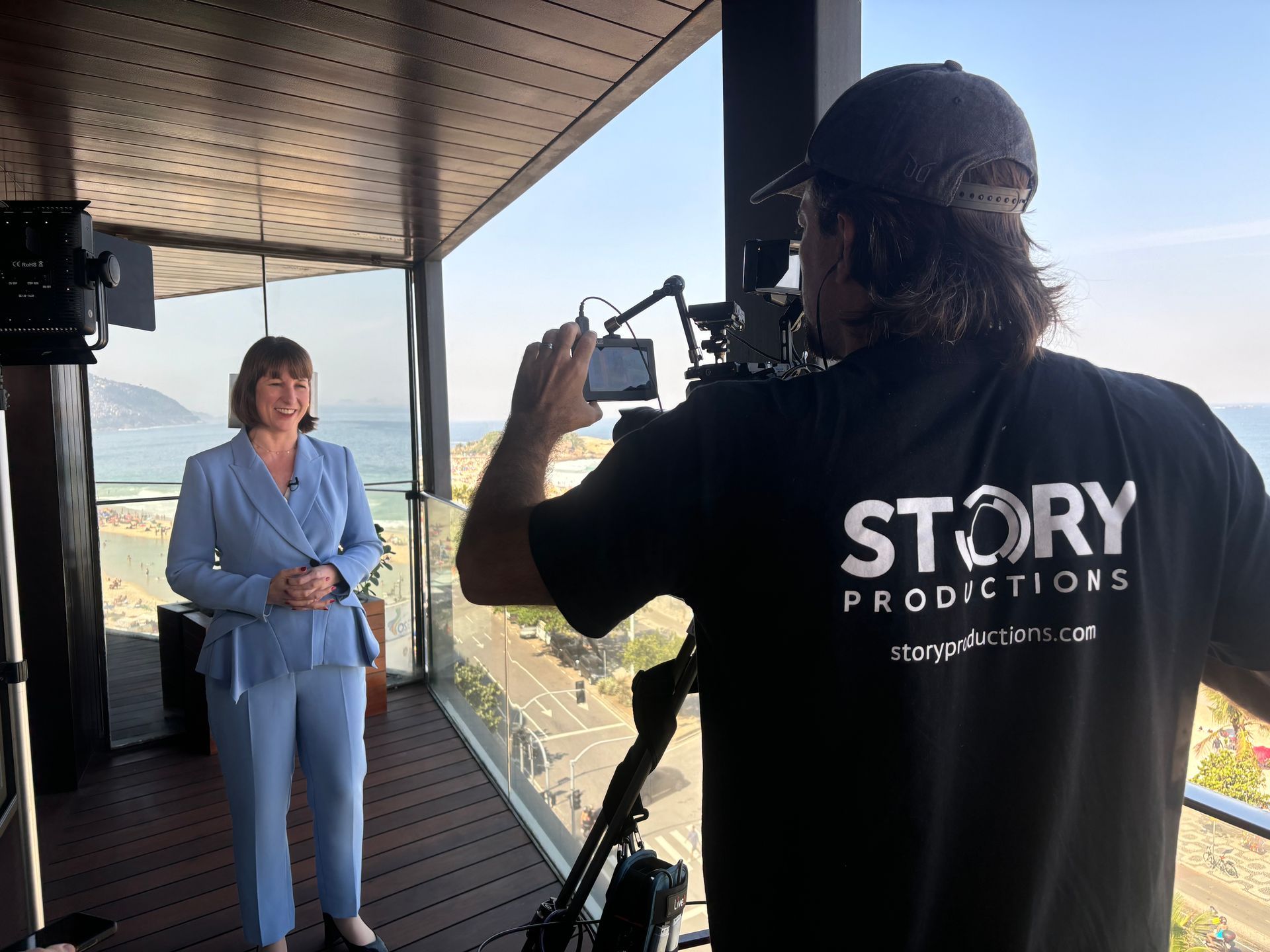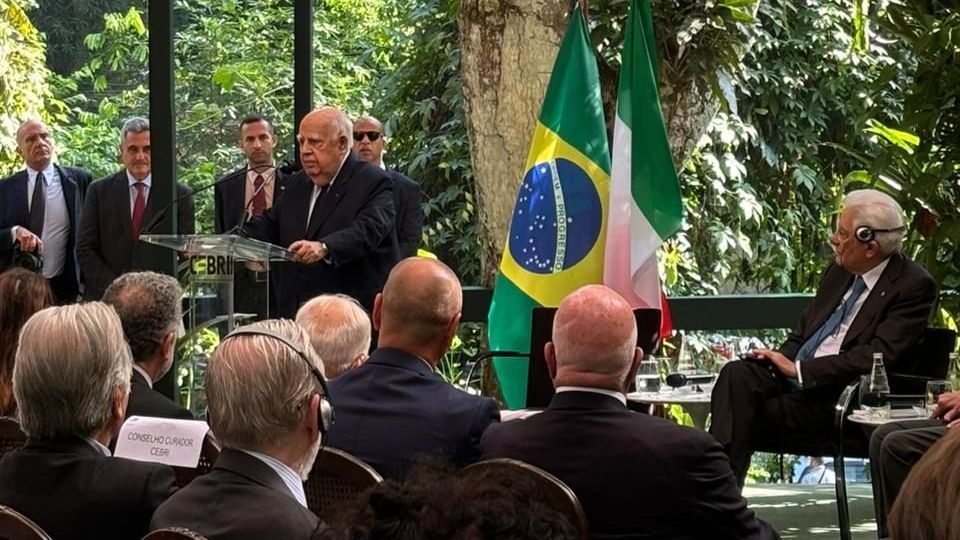Brazil Spotlight: "Greed over indigenous reserves"
Gold, silver, platinum, oil, copper, iron, manganese, nickel, zinc, niobium, cassiterite, tin, titanium, bauxite: there are many minerals to be found in the 723 indigenous reserves that occupy 13 per cent of Brazil’s territory.
Amid the economic recession aggravated by the Covid-19 pandemic, in June of 2020 President Jair Bolsonaro's government sent Congress a bill (PL 191/2020) to have greater power to legalise and regulate mining and power generation on indigenous reserves.
The Brazilian Constitution recognizes the rights of indigenous people to own their lands, as well as have the "exclusive enjoyment of the riches of the soil, rivers and lakes that exist within them". Article 231 of the Constitution establishes that said resources can only be used with authorization from the National Congress "after hearing the affected communities, ensuring their participation in the results". Article 176 determines that the Union "establishes specific conditions for activities" on the indigenous land. However, these “specific conditions” have not yet been defined.
Disputes over access
The greed for the riches on indigenous lands in Brazil is almost palpable. A survey by the Brazilian Association for Mineral Research shows that 190 of the 379 indigenous areas located in the Amazon have some type of process for mineral exploration in progress, be it a “research application”, a “research authorization” or a “mining concession for extraction”. Half of the requisitions concern gold mining. Additionally, the state-owned energy company Eletrobras plans to build dozens of hydroelectric dams on indigenous lands.
Mining companies are pressing hard for definitive regulation. Currently, most mining operations are carried out illegally. Indigenous lands in the Amazon such as the Yanomami in Roraima and Amazonas or the Munduruku in Pará are regularly invaded. Often, indigenous community leaders are co-opted by clandestine prospectors, although the illegal mining usually takes place without indigenous consent. Several indigenous peoples from Pará, such as the Kayapó, the Gavião and the Xikrin, have already made agreements with mining companies.
A 2013 study by ISA (Socioenvironmental Institute, a Brazilian NGO) found 4,220 mining projects within 152 of Brazil’s indigenous reserves, 104 of which already had rights granted (“mining concessions”) and 4,116 of which were mining requirements (“research requests”)—the precursor to being granted mining concessions.
Some areas such as the Apyterewa Indigenous Land currently have rights in dispute by several mining companies: Vale, Samaúma Export, Mineração Capoeirana, Mineração Guariba and Mineração Nayara.
A law without consent
Supported by the Bolsonaro government, the bill sent to Congress aims to prevent indigenous reserves from being inaccessible territories, where the exploitation of natural resources is prohibited. Since the 1988 Brazilian Constitution was put into effect, when indigenous people in Brazil were given certain rights including over their lands, several attempts have been made to define the specific conditions for access to those lands, but none have been approved. Parliamentarians, the Catholic Church and environmentalists strongly defend the rights of indigenous people in Brazil. Public opinion is swayed by the predatory impact of gold mining on indigenous forests.
The new PL 191/2020 bill confirms the intention to “regulate the research and mining of mineral resources and hydrocarbons and the use of water resources for the generation of electricity”. To this end, it proposes instituting a “compensation for the restriction of the enjoyment of indigenous lands”. The bill also anticipates the possibility of developments “on lands occupied by indigenous people in voluntary isolation” (therefore less able to defend their rights). It specifies that a private council will be set up consisting exclusively of indigenous people representing each indigenous reserve in which the activities specified in this bill are authorized.
The new bill does not change the requirement for Congressional authorization for the development of enterprises. However, Article 5 of the bill provides that a preliminary study may be prepared by researchers entering indigenous lands to obtain data, even without the agreement of the indigenous people. Article 2 allows for submission of requests for authorization—provided the request is ‘motivated’—even if the indigenous communities protest. Essentially, access to indigenous reserves for data research cannot be refused.
Raw criticism for raw materials
According to critics, the PL 191/2020 bill rules out the communities’ right to veto, which is advocated by Convention 169 of the International Labor Organization (ILO), to which Brazil is a signatory. In this sense, the government's efforts may turn out to be contradictory, generating a challenge in the courts, attracting criticism and scaring away companies protective of their reputation.
In recent months, raw materials such as iron, copper, oil, soybeans and corn have increased in price, indicating that a commodity appreciation cycle may be coming. This would provide relief to the Brazilian economy, which has been affected by the Covid-19 pandemic and a recession of -4.1 per cent of GDP in 2020. According to an analysis by the Commodity Research Bureau, the prices of agricultural, metal and energy commodities rose an average of 40 per cent from April 2020 to March 2021. This recovery is of direct interest to Brazil, a major global supplier of raw materials.
Marked as a priority in February of this year, the Bolsonaro government is in a hurry to approve the PL 191/2020 bill.
About Brazil Spotlight
Every month, Story Productions publishes a new Brazil Spotlight column by Ricardo Arnt, a Brazilian journalist and author with more than forty years experience. His works include director of Planeta magazine and TV Bandeirantes, editor of Exame magazine, Folha de São Paulo and Superinteressante (published by Editora Abril), and international editor of Jornal Nacional on TV Globo.
Subscribe to our newsletter and be one of the first to read the latest Brazil Spotlight column. From the economics of sustainability to deforestation in the Amazon, Ricardo will be tracking down the most interesting, topical stories one step ahead of the news cycle. We want to inspire TV producers and researchers around the world with inspirational ideas for their next production.
Learn more about the author behind our new serial column. Send topic suggestions to press@storyproductions.com. Interested in covering something you've read here? Get a quote for your next production in Brazil.
Related stories
Brazil Spotlight archive
Share this story:
Get the latest news straight into your inbox!
Contact Us
Read another story
